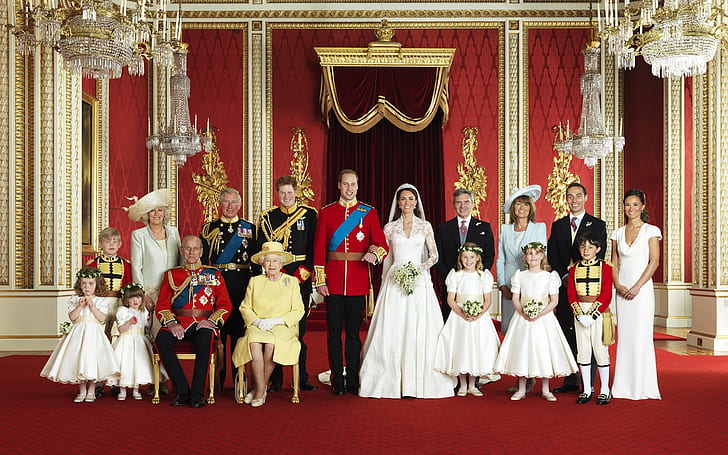
FAQ About Royal Family
Are there any restrictions on who the monarch can marry?
Yes, historically, there have been restrictions on who the British monarch can marry. However, these restrictions have undergone significant changes in recent years.
In the past, the British monarch, particularly the reigning monarch, was subject to restrictions known as the "Royal Marriages Act." This act required certain members of the royal family to seek the sovereign's consent before marrying. It stated that if they married without the monarch's consent, their marriage would be considered void and their descendants would be disqualified from the line of succession.
However, the Royal Marriages Act of 1772 was amended with the Succession to the Crown Act 2013. The act removed the requirement for the monarch's consent for the marriages of the first six individuals in line to the throne, allowing them to marry freely. The act also removed the gender preference in the succession, making birth order the determining factor.
Currently, there are still certain legal and constitutional considerations that influence the choice of a spouse for the monarch or those close in line to the throne. For example, the monarch, as the head of the Church of England, cannot marry a Roman Catholic without potentially forfeiting their right to the throne. However, there are no specific restrictions based on nationality or race.
These changes in legislation reflect a more modern approach to marriage within the royal family, giving individuals greater freedom in choosing their life partners while still considering the constitutional and legal aspects associated with their roles as members of the monarchy.
